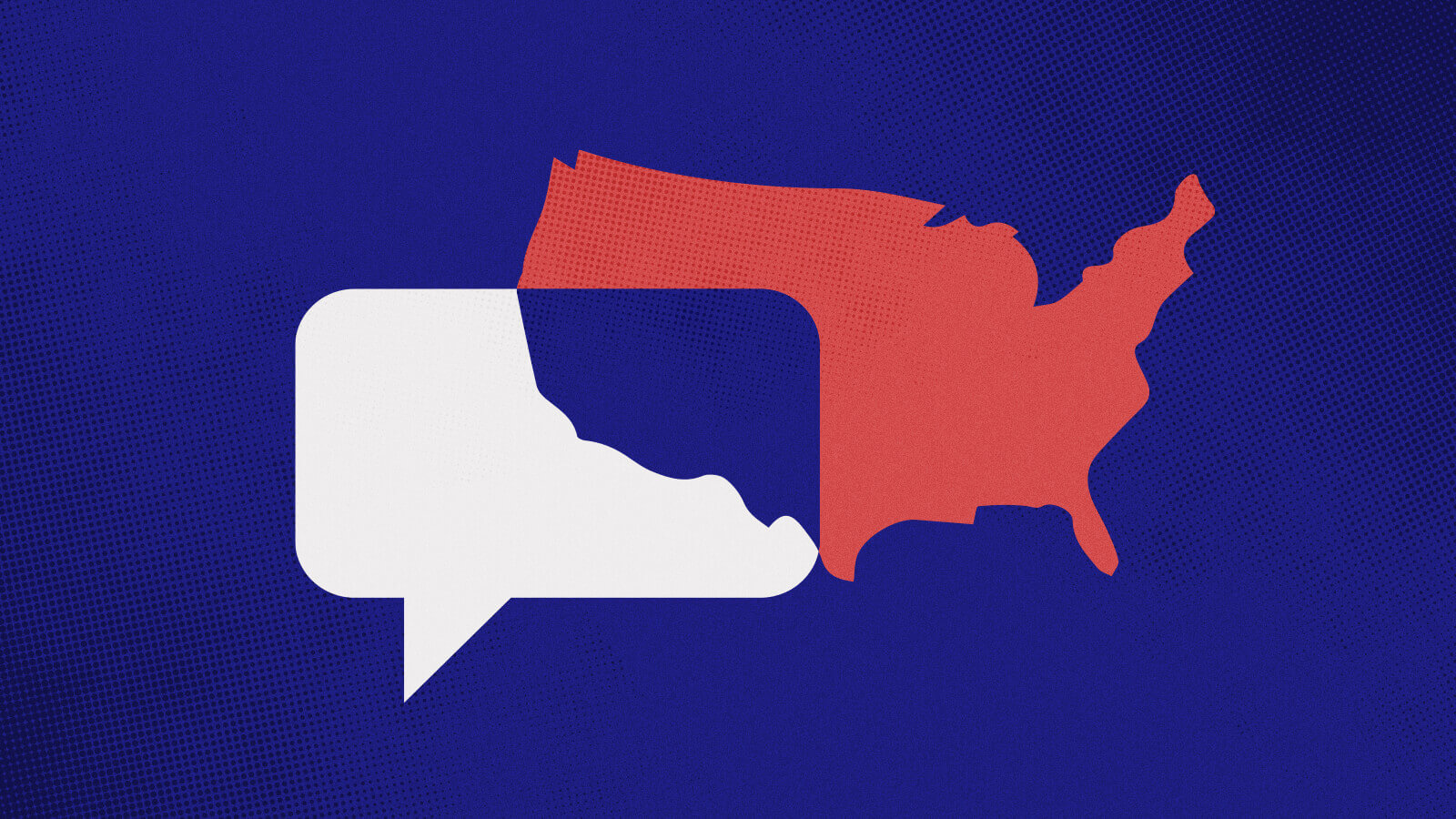On June 2, 2020, the internet went black to show solidarity with the Black Lives Matter protests – a collective action to protest racism and police brutality.
Millions of social media users posted a black square and nothing else that day, effectively turning Instagram and other platforms black. Many companies followed suit or refrained from posting anything. Now, imagine you are running a digital campaign and this day is looming, what do you do?
There is an opportunity to be one of the few live advertisers on the internet, providing a visual break and potentially reaching a larger audience than ever available before. Is this worth the potential backlash from refusing to participate in a social movement that is overwhelmingly popular?
2021 has already seen upheaval, with political unrest hanging heavy over Americans and the rest of the world watching, waiting to see what will happen. Companies have to walk a tight rope of maintaining their brand recognition, advertising new products and finding a balanced position in an unbalanced world.
Let’s consider a few things when deciding whether to run advertising during a period of political or social unrest:
Are you walking the walk or just talking the talk?
One of the challenging things about social media is the need for authenticity.
As a company, it’s hard to make statements about the brand without coming off as pandering, especially if you are late. Companies found themselves on the receiving end of consumer ire when they created ads and hashtags talking about how their essential workers were “heroes” or saying things like “we’re here for you” while not offering those employees any kind of hazard pay, option to opt out of work, protective equipment or safety measures.
This kind of advertising brings negative attention to the company and makes it a struggle to be seen as genuine in the future.
If you aren’t ready to have your business model or employment standards scrutinized – do not jump on the trend bandwagon.
Does my product or service need to be gendered or colorized?
Diversity in advertising is extremely important.
As advertisers, we have a duty to show the world as it is, including POC and diverse family structures. But we still see major brands making huge missteps. Calling attention to race, color, gender, weight, sexuality or any other protected class is always a risk and should be undertaken with the utmost care and research.
This is where diverse creative teams and honest focus groups can save companies embarrassment. Many times, running an ad by multiple people can bring new perspective to light. It’s also important that people feel empowered to raise their hand during the creative process and say “this isn’t right” without fear of retribution or shame.
This can be especially hard when some branding efforts are the pet project of C-suite members or directors who have specific visions.
Is this an appropriate time to advertise?
Companies often sponsor nonprofits, community efforts and giveaways. This is a wonderful way to show support and give back. However, some companies use these efforts as a way to advertise, and this is where we can run into trouble. Is your product or service related to this? If not, then it’s probably not the time to push brand awareness efforts.
Is this copy clever or clueless?
As marketers, we love clever copy: puns, humor, honesty, boldness, thought-provoking, inspiring and eye-catching. Copywriters spend their time finding new ways to get people’s attention in a sea of sameness.
But what happens when that way is because it’s tone-deaf? What if your ad gets attention because throughout the approval process, not one person raised their hand and said, “this is not appropriate,” or what if they did and no one listened?
When deciding whether or not to run ads during times of unrest, ask yourself these questions before scheduling that post:
- Is this ad making a statement about our product, service or company just to follow a trend or do we actually believe and take action?
- Does our product or service need to be a part of this conversation or are we trying to draw attention away from something more important?
- Is there any way to misinterpret or misread this ad in a way that could be offensive or inappropriate?
- Are we staying true to our voice and our mission by producing this ad?
If the answer is anything but yes, consider taking a pause on posting.
